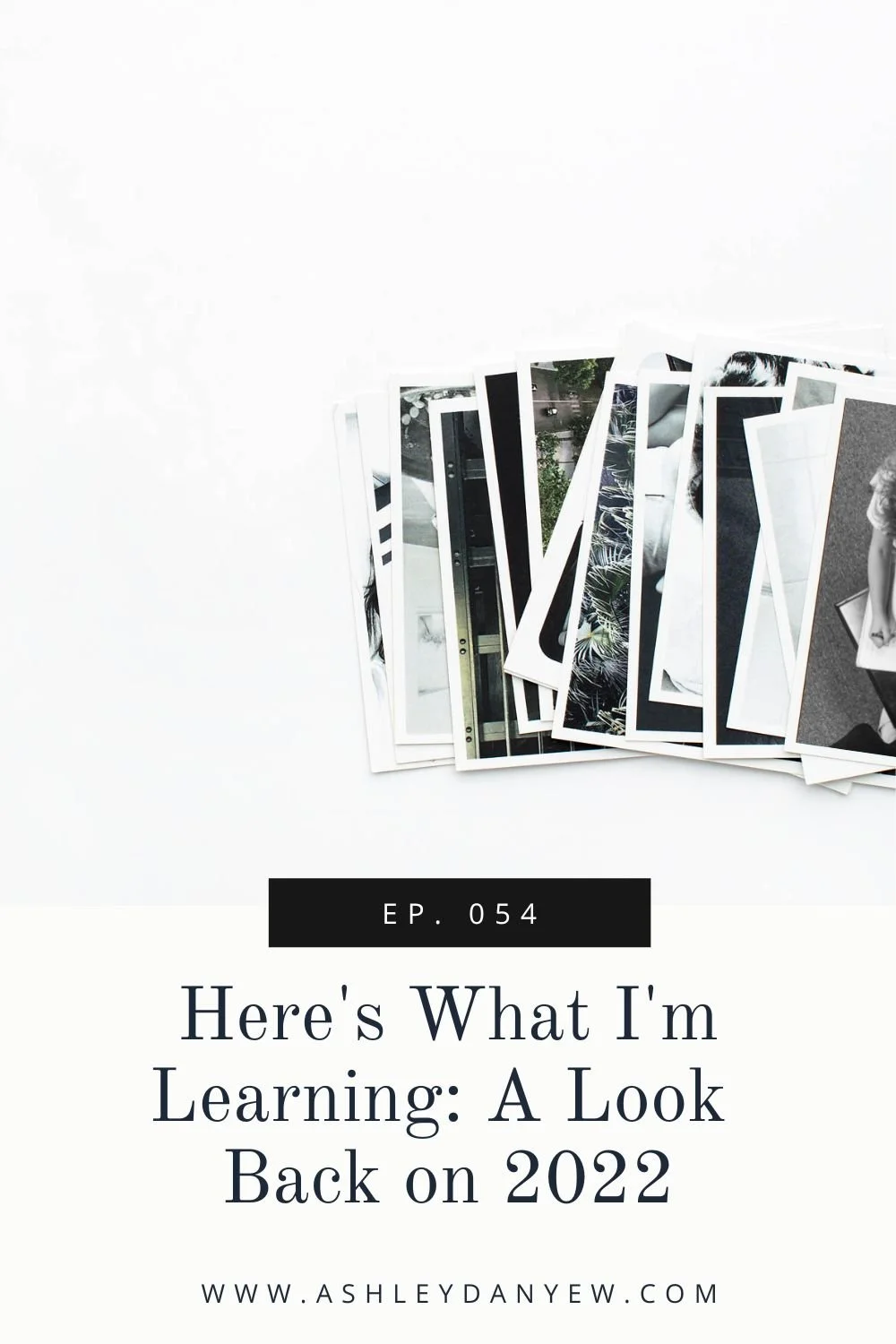What makes learning formal or informal?
Often they’re presented as a dichotomy: Formal learning is learning that happens with a teacher in a structured environment and informal learning is learning that takes place out in the world, between peers, or things the student learns on their own.
In music, genre is often wrapped up in these distinctions. To generalize, classical music and sometimes jazz are taught and experienced in formal situations (like schools, lessons, and community ensembles), and pop, rock, and everything else are experienced in informal contexts (at home, in the car, with friends, in the garage band).
But can music learning be both formal and informal? What does that look like?
That's what we're going to talk about today.

















